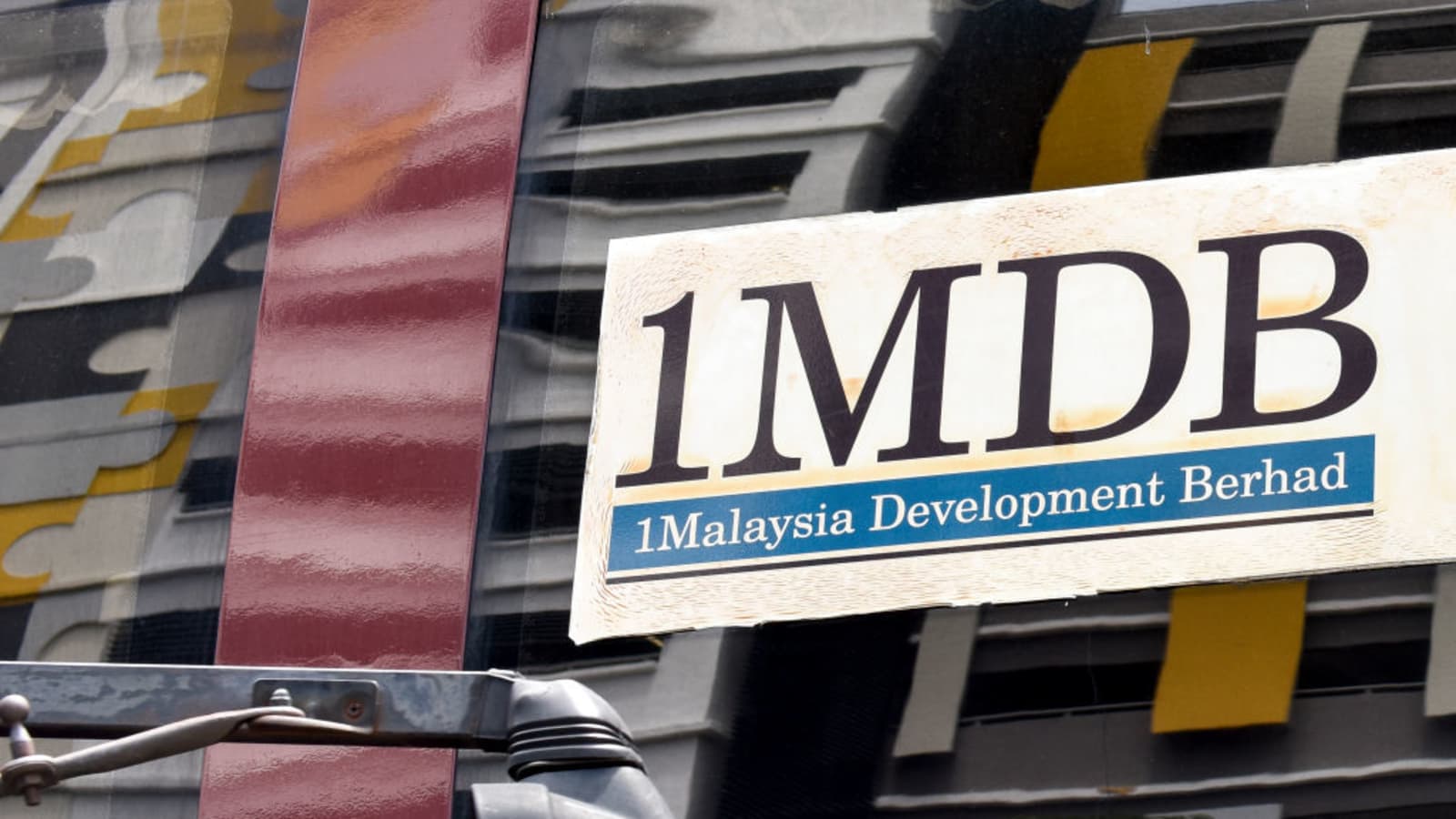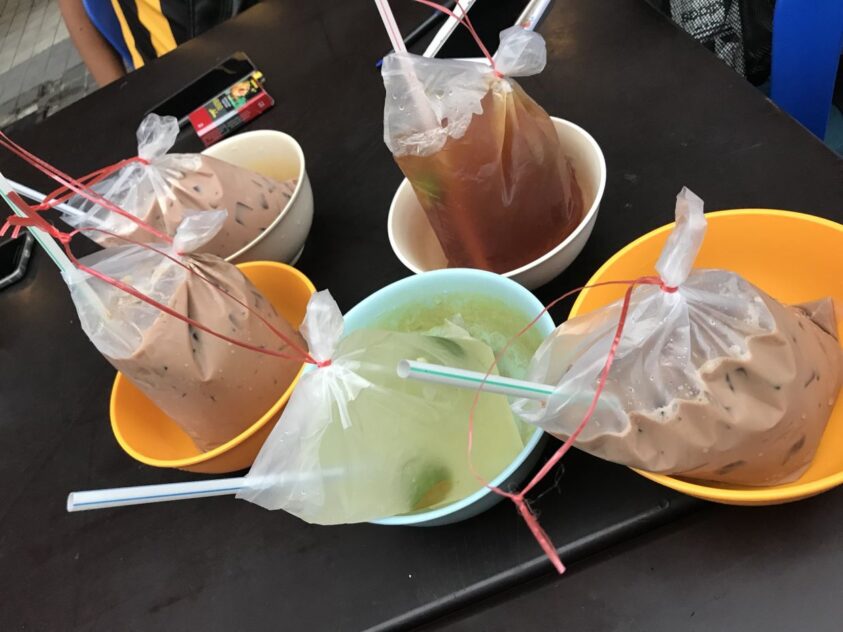BACK in 2016, a Singaporean man who had insulted the modesty of a woman was charged for destroying evidence after he swallowed his phone’s memory card with the intention of preventing it from being used as evidence.
This was after he had used his mobile phone to take an upskirt video of a commuter on the bus. The phone’s memory card was never found.
In more complicated instances, tampering with evidence involves a party altering or making modifications to the record/documents of evidentiary value or fabricating false evidence to mislead the court on a matter.
Such is the ordeal former auditor-general Tan Sri Dr Madinah Mohamad came across when she revealed that she was not shocked at amendments made to the 1Malaysia Development Bhd (1MDB) audit report but was shocked at the instructions to amend and instructions given to destroy the “original copies”.
After assuming her role from her predecessor Tan Sri Ambrin Buang, Madinah said she was informed by audit director Datuk Nor Salwani Muhammad that there were two versions of the 1MDB audit report.
During a cross-examination by lawyer Tan Sri Mohammad Shafee Abdullah in the 1MDB audit tampering trial involving former prime minister Datuk Seri Najib Razak and ex-1MDB CEO Arul Kanda Kandasamy, Madinah said she was briefed on the existence of the two versions by Nor Salwani in her very first meeting with her officers shortly after her appointment.
She also testified that she did not know that Ambrin was instructed to amend the original report, that Nor Salwani was instructed to destroy the “original report” and that Nor Salwani had kept one original copy under her chair.
At a glance, the sophistication of such modus operandi and the brainchild behind it spells doom for the future of a nation, more so the chief culprit is an individual of high esteem – one who is entrusted to steer Malaysia on the path to be a developed nation.
Such degree of moral destruction is frightening as it has not only cast doubt in Malaysia’s political leadership at the world stage but how corruption is allowed to continuously rear its ugly head to a degree that it has seemingly become an accepted norm in the society.
This ruins the country’s economic competitiveness with the country having dropped five spots in the Transparency International Corruption Perception Index (CPI) 2021 to 62nd position out of 180 countries in terms of public sector corruption.
If that is not convincing enough, Malaysia was ranked as having the second-highest percentage of billionaires’ wealth coming from cronyism in the latest Crony-Capitalism Index global survey by The Economist.
According to the 2021 index by the London-based weekly publication measuring 22 economies, Russia topped the list with southern neighbour Singapore coming in third, the Philippines (4th), Indonesia (8th), Thailand (9th) and China (10th).
Given such a gloomy outlook as to whether Malaysia can successfully ride out of the corruption storm – and to prevent younger generation Malaysians from blindly embracing graft-induced lifestyle as a way of life – the entire evolution of the 1MDB saga should be made an academic syllabus from primary schools to tertiary institutions.
This is not to shame the perpetrators – and their immediate family members – but to inculcate an anti-corruption culture so that young Malaysians understand the detrimental effect of how widespread corruption deters investment, weakens economic growth and undermines the rule of law. – March 31, 2022










